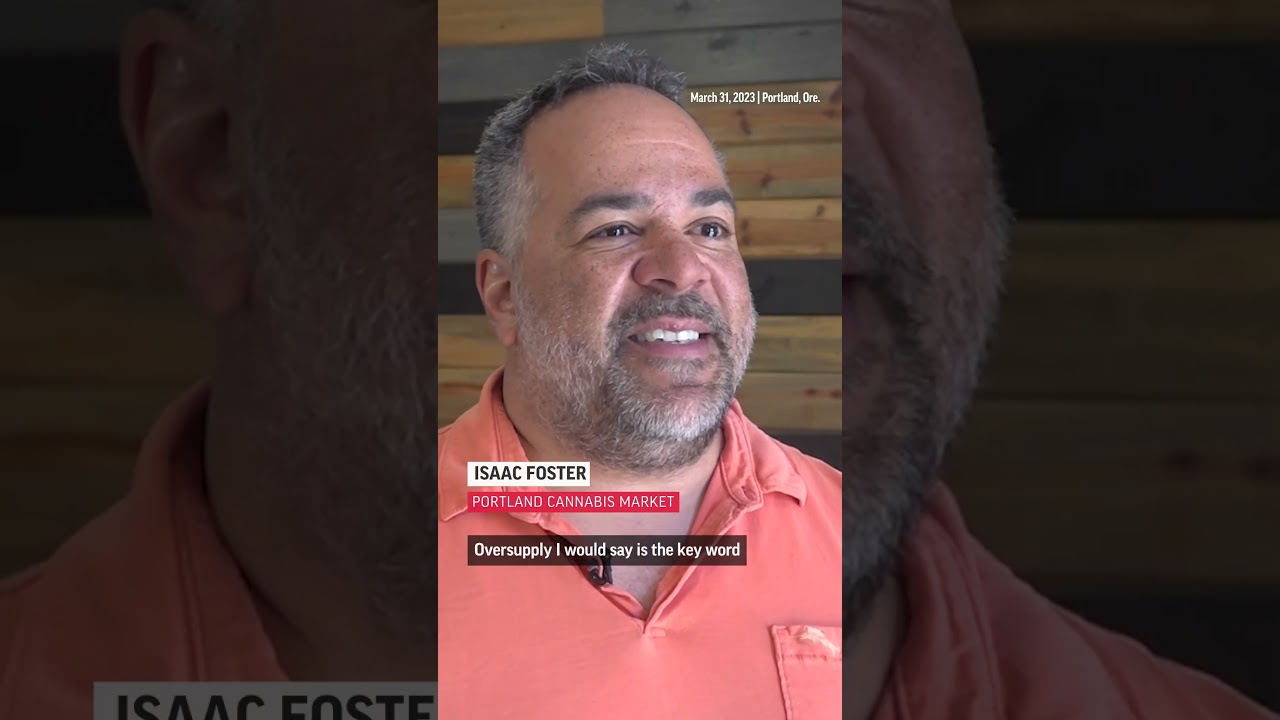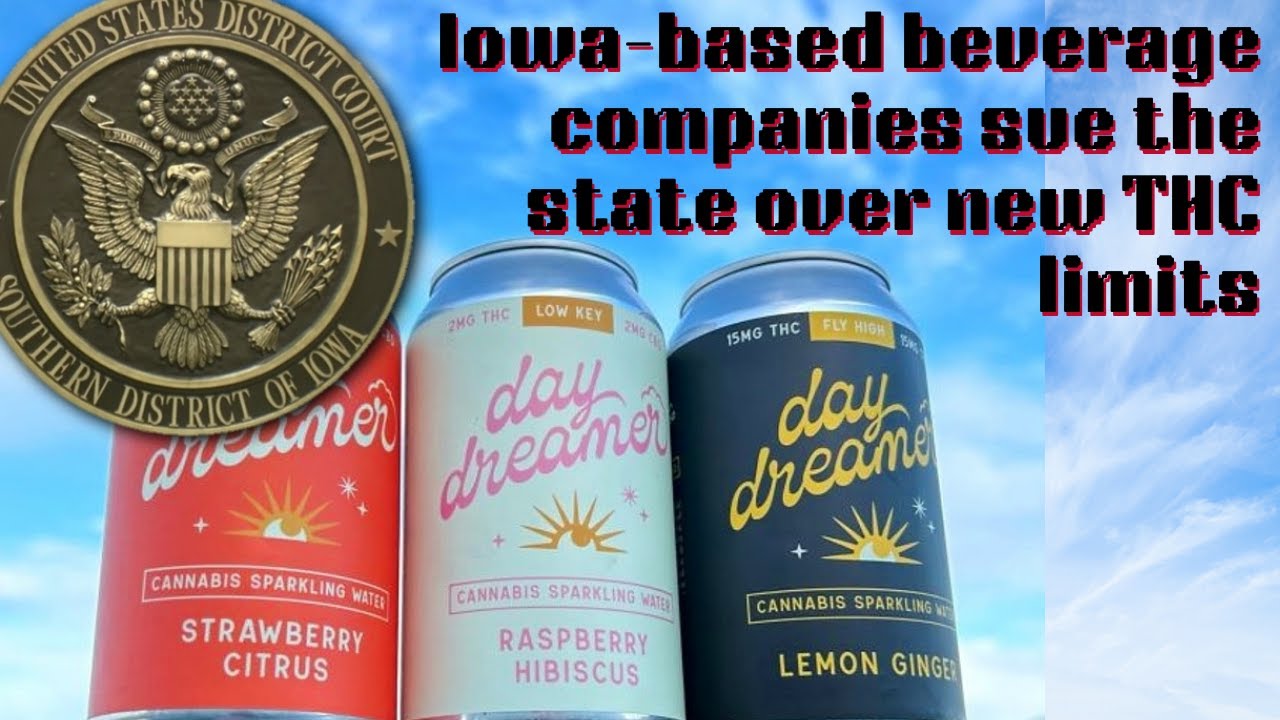Dank Network in partnership with Leafbuyer presents:
Hemp CBD vs Cannabis CBD
As if cannabis laws per state weren’t difficult to understand already… there are now cannabinoids that are legal nationwide… yep that’s right! Hemp-Derived CBD products have the ability to be shipped across the nation. However, this has caused the line of legal vs. illegal to be blurred. Cannabis-derived CBD and hemp-derived CBD are very similar in the eyes of those who see the benefits of cannabis. To the law, there is a drastic difference between the two. It is important to know the legal and medical differences involved with these two sources of CBD, so we’ve put together a guide to help you navigate this tricky distinction.
Cannabis-derived CBD– is what most people who can buy legal cannabis are consuming… this type of cannabis must be sold in a licensed dispensary. In order for a product to be sold in a dispensary, it must be compliant with all of the state’s marijuana regulations. This means that the cannabis-derived CBD products sold in a dispensary must be lab-tested, packaged in child-proof containers, tracked from the beginning stages of the plant, and they need to be sold behind the bud tender’s counter.
The regulations that come with selling cannabis-derived CBD are the main reasons that this source of CBD is only popular in legalized states. Any CBD products that come from the cannabis sativa plant are going to contain a true full spectrum of cannabinoids. This means that cannabis-derived CBD contains enough THC to be considered a psychoactive product and is put under the same classification as regular THC.
Though it can only be found in legalized states, cannabis-derived CBD is what most consumers assume all CBD products are sourced from. This is not the case. Consumers in states that have not legalized marijuana do not have the ability to obtain cannabis-derived CBD. Instead, they get their CBD products from hemp.
If you are in a state that has yet to legalize cannabis, then the only CBD products available to you come from hemp-derived CBD. Again, the most basic definition of hemp-derived CBD is that these products can be sold nationwide. However, there are a few states that do not allow the selling of hemp-derived CBD, even though it is technically legal.
Hemp-derived CBD can be sold across the nation to any consumer 18 and up. The main reason that hemp-derived CBD is sold throughout America is that it contains less than 0.03% THC. As long as the CBD products being shipped across the country fall below this THC threshold, then anyone 18 and up can purchase them.
Why does hemp CBD contain less THC than cannabis CBD? Well, there are three different types of cannabis plants: cannabis sativa, cannabis indica, and cannabis ruderalis. In both cannabis sativa and indica, THC is much more potent and there is too much to keep its CBD products under the legal limit. Cannabis ruderalis is a low-testing THC species. It is also commonly known as “industrial hemp.” Industrial hemp has many different uses. Hemp is used in paper, clothing, rope, lotions, and to extract legal CBD. Due to its low THC levels, hemp can have its CBD extracted with no more than trace amounts of THC left in the product.
Cannabis-derived CBD is what is commonly used to treat medical patients in legalized states. Hemp-derived CBD is not nearly as popular with patients who can obtain cannabis-derived CBD, since the latter provides a full-spectrum effect. This means that cannabis-derived products are pulling the full cannabinoid profile and not just CBD.
Remember, Live Higher!
source



